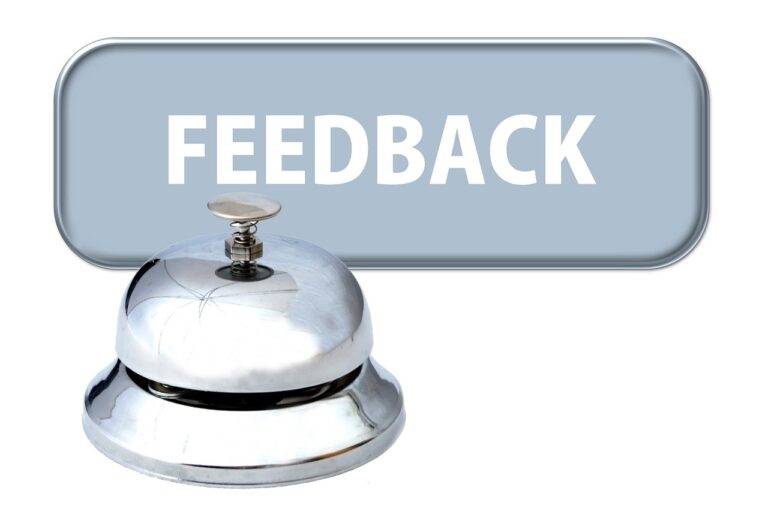Event Risk Management: Strategies for Mitigation: Goldbet6, Tigerexch, Betbook247 app
goldbet6, tigerexch, betbook247 app: Event Risk Management: Strategies for Mitigation
Hosting an event can be a fantastic way to bring people together, promote your brand, or raise funds for a cause. However, with any event, there also comes a level of risk that needs to be managed effectively to ensure the success of the event. In this article, we will discuss some strategies for mitigating event risk to help you plan and execute a successful event.
Know Your Risks
The first step in managing event risk is to identify and understand the potential risks associated with your event. This could include everything from inclement weather and technical issues to security concerns and financial risks. By conducting a thorough risk assessment, you can better prepare for and mitigate these risks.
Develop a Risk Management Plan
Once you have identified the potential risks, it’s essential to develop a comprehensive risk management plan. This plan should outline the specific risks associated with your event, the likelihood of each risk occurring, and the steps that will be taken to mitigate these risks. Having a detailed plan in place will help ensure that you are prepared to respond effectively in case of an emergency.
Insurance Coverage
One essential aspect of event risk management is securing the right insurance coverage. Event insurance can protect you from financial losses due to unforeseen circumstances, such as event cancellation, property damage, or liability claims. Make sure to work with a reputable insurance provider to ensure that you have adequate coverage for your event.
Emergency Response Plan
In addition to having a risk management plan, it’s crucial to have an emergency response plan in place. This plan should outline the steps that will be taken in the event of an emergency, including who will be responsible for making decisions and communicating with stakeholders. By having a well-defined emergency response plan, you can ensure that you are prepared to handle any unexpected situations that may arise during your event.
Safety and Security Measures
Ensuring the safety and security of your event attendees should be a top priority. This includes implementing measures such as crowd control, access control, and emergency medical services. By taking proactive steps to address safety and security concerns, you can help prevent incidents and ensure that your event runs smoothly.
Vendor and Contractor Due Diligence
When working with vendors and contractors for your event, it’s essential to conduct due diligence to ensure that they are reputable and reliable. This includes reviewing contracts carefully, checking references, and verifying insurance coverage. By partnering with trustworthy vendors and contractors, you can reduce the risk of issues that could impact the success of your event.
FAQs
Q: What is event risk management?
A: Event risk management involves identifying potential risks associated with an event and implementing strategies to mitigate these risks effectively.
Q: Why is event insurance essential for managing event risk?
A: Event insurance can protect you from financial losses due to unforeseen circumstances, such as event cancellation, property damage, or liability claims.
Q: How can I ensure the safety and security of my event attendees?
A: Implementing measures such as crowd control, access control, and emergency medical services can help ensure the safety and security of your event attendees.
In conclusion, effective event risk management is crucial for the successful execution of any event. By understanding the potential risks, developing a comprehensive risk management plan, securing the right insurance coverage, and implementing safety and security measures, you can help mitigate risks and ensure that your event runs smoothly. By following these strategies, you can minimize the likelihood of issues that could impact the success of your event.







